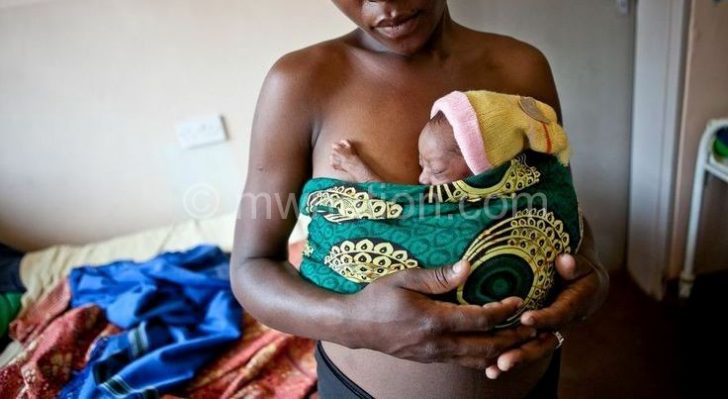Celebrating midwives’ efforts to save babies
Today, May 5, as we celebrate the International Day of the Midwife, thousands of families in Malawi recognise the important contributions midwives have made for improved maternal, newborn and child health.
In partnership with other healthcare providers and communities, midwives have helped Malawi reduce child mortality over the past 15 years as part of the Millennium Development Goals (MDGs). Malawi is only one of a handful of countries to boast this achievement.

Despite this achievement, newborn deaths remain quite high in Malawi. Globally, every year 15 million babies are born preterm (born before 37 weeks of pregnancy are completed) and approximately one million die due to complications related to early birth.
Malawi has the highest incidence of preterm birth—babies born too soon—in the world. There are also a significant number of babies who are born too small, weighing less than 2 500 grammes.
Ministry of Health (MoH) is working with professional associations such as Association of Malawian Midwives, non-governmental organisations (NGOs), civil society groups, community leaders and healthcare professionals to provide services for improved health among pregnant women and newborns.
Midwives are well-placed to support mothers and families with early and small babies to use simple and effective low cost interventions to improve newborn survival.
Malawi is well known for its Kangaroo Mother Care units, currently operating in more than 122 health facilities in the country. Kangaroo Mother Care ensures that early and small babies are kept warm with skin-to-skin contact with their mothers, fathers and other care-takers. Midwives support mothers and families who have early and small babies to learn how to safely practice Kangaroo Mother Care in hospitals and in their homes.
Midwives also promote and support the prevention of preterm birth through quality antenatal care including good nutrition throughout pregnancy, screening for related risk factors such as prior preterm birth, malaria, urinary tract infections, HIV and pregnancy at an early age. Midwives are also important providers during labour and delivery. They are trained to recognise preterm labour and to provide life-saving care to mothers and their early babies.
Today, in celebration of the International Day of the Midwife, take a midwife’s hands into yours and thank her for her service to Malawi’s families and future. n
About the authors: Judith Robb-McCord and Elimase Kamanga are the director and technical adviser, respectively, of Every Preemie-Scale, a USAid-funded project being implemented by Project Concern International (PCI), the Global Alliance to Prevent Prematurity and Stillbirth (Gapps) and the American College of Nurse-Midwives (ACNM). Every Preemie is working with national stakeholders and MoH in Balaka District to prevent and care for early and small babies. For more information on Every Preemie-Scale, visit www.everypreemie.org.





